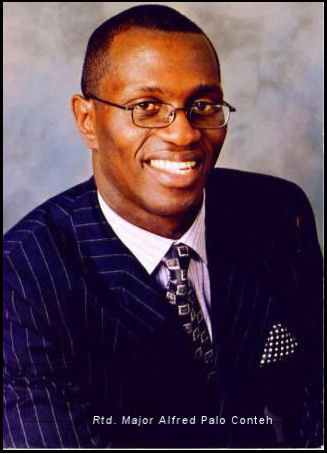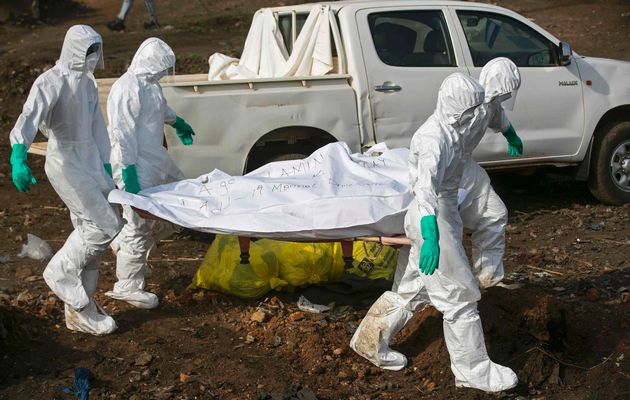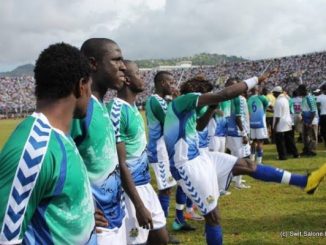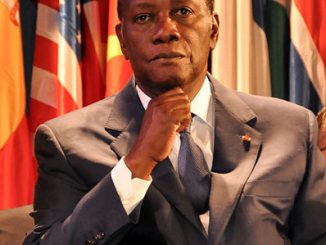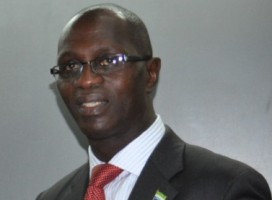
Two of the cases have proven negative after treatments, and the other two, in the north Tonkolili district, are in treatment, said National Emergency Response Center chief Alfred Palo Conteh.
“The end of this virus is in sight,” he said.
The Tonkolili district remains a worry, he said. Authorities last week quarantined 500 people after a man died from Ebola. The district had not had a single case of Ebola in five months. The victim contracted the disease in the capital, traveled to his home village, and was treated for a fever at the local hospital but authorities didn’t call the Ebola emergency number.
He didn’t have a burial that followed special procedures required for Ebola victims, and the man’s mother and brother contracted the virus.
“This could happen again in any of the silent districts and we must all do what it takes to prevent a recurrence elsewhere,” Palo Conteh said.
The World Health Organization on Wednesday said nearly 2,000 contacts are being monitored across Guinea and Sierra Leone. It also warned that the rainy season in the three countries hit hardest by the Ebola outbreak — Sierra Leone, Guinea and Liberia — will prove a challenge for slowing the spread of the deadly virus.
This Ebola outbreak has killed more than 11,200 people, mostly in West Africa

